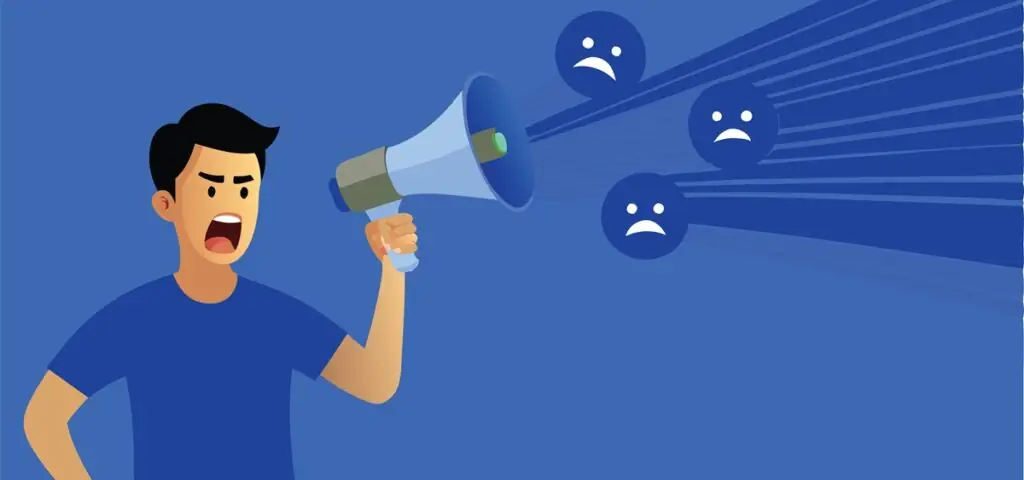Since September 10th, 2025, the day conservative figure Charlie Kirk was murdered on a Utah campus, dozens of Americans have lost their jobs due to comments they made on social media. Among the affected are public servants, artists and important media figures. Some were suspended for celebrating the pro-Trump activist’s death, joking about the circumstances, or suggesting that Kirk was responsible for his own fate. Can people in Quebec be fired or suspended for similar comments?

As far as we know, no one has actually been fired, but many employees have been suspended from work, following comments they made on social media concerning Charlie Kirk’s murder. Suspensions, however, are only temporary. This raises an important question: could you lose your job for expressing personal opinions on social media?
The answer is yes. Terminations have happened in similar cases in Quebec. Other consequences are also possible.
Your employer’s reputation
As an employee, you have the right to freedom of expression. However, you must also respect your employer and help them protect their reputation.
If you make comments on public platforms (e.g., in the press or on social media) that affect your employer’s reputation or that are defamatory and provocative, there could be consequences. You could get an official warning, be temporarily suspended, or even lose your job.
While courts haven’t yet established their legal limits, disciplinary measures are possible even if your social media comments aren’t directly related to your job. This has been shown in media reports following the Metropolis attack in 2012.
The Metropolis attack
On September 4th, 2012, Pauline Marois was celebrating her election win in front of supporters at the Metropolis theatre in Montreal. Suddenly, her speech, which was being broadcast across Quebec, was abruptly interrupted. An armed man fired a gunshot at the stage door, hitting two technicians, one of them dying on the spot.
Reactions to this political attack on social media were immediate. However, some comments didn’t condemn the attack, but instead expressed disappointment that the Prime Minister was not hit.
One Montreal video game studio employee was fired the day after the attack because of his Facebook comments.
Similar comments can also have long-term professional consequences. For instance, in January 2023, Sandro Grande was hired as CF Montréal soccer club’s head coach. However, he was quickly given the boot in response to public outcry fueled by his past Twitter comments in the aftermath of the Metropolis attack.
Think twice before posting on social media
Suspension or terminations can result from your employer’s internal policies. It’s therefore very important to read and understand your workplace policies and have them in mind when you express your personal opinion on social media.
If you get fired because of comments made online, you may be able to contest your employer’s decision if, for example:
- the post concerns your private life,
- you didn’t mention or involve your employer in the post,
- you removed the post after noticing the reactions it caused.
Not just employees
You don’t have to be an employee to face professional consequences for comments shared on social media. If you are a member of a professional order, you could also face sanctions. For example, a Greater Montreal cardiologist was fined $25,000 for calling on social media for a “great cleansing” of Gaza.
Even business owners can face severe consequences. In 2024, a Second Cup franchisee lost their franchise after being filmed doing a Nazi salute during a pro-Palestinian protest in Montreal. Second Cup stated that it had a zero-tolerance policy for hate speech. As a result, the coffee house chain closed two of the franchisee’s coffees shops and terminated their franchise agreement.
|
Did you know? Professional orders mainly exist to protect the public and receive complaints about members that give bad advice or inaccurate information. They can fine their members or even take away their right to practice. |





